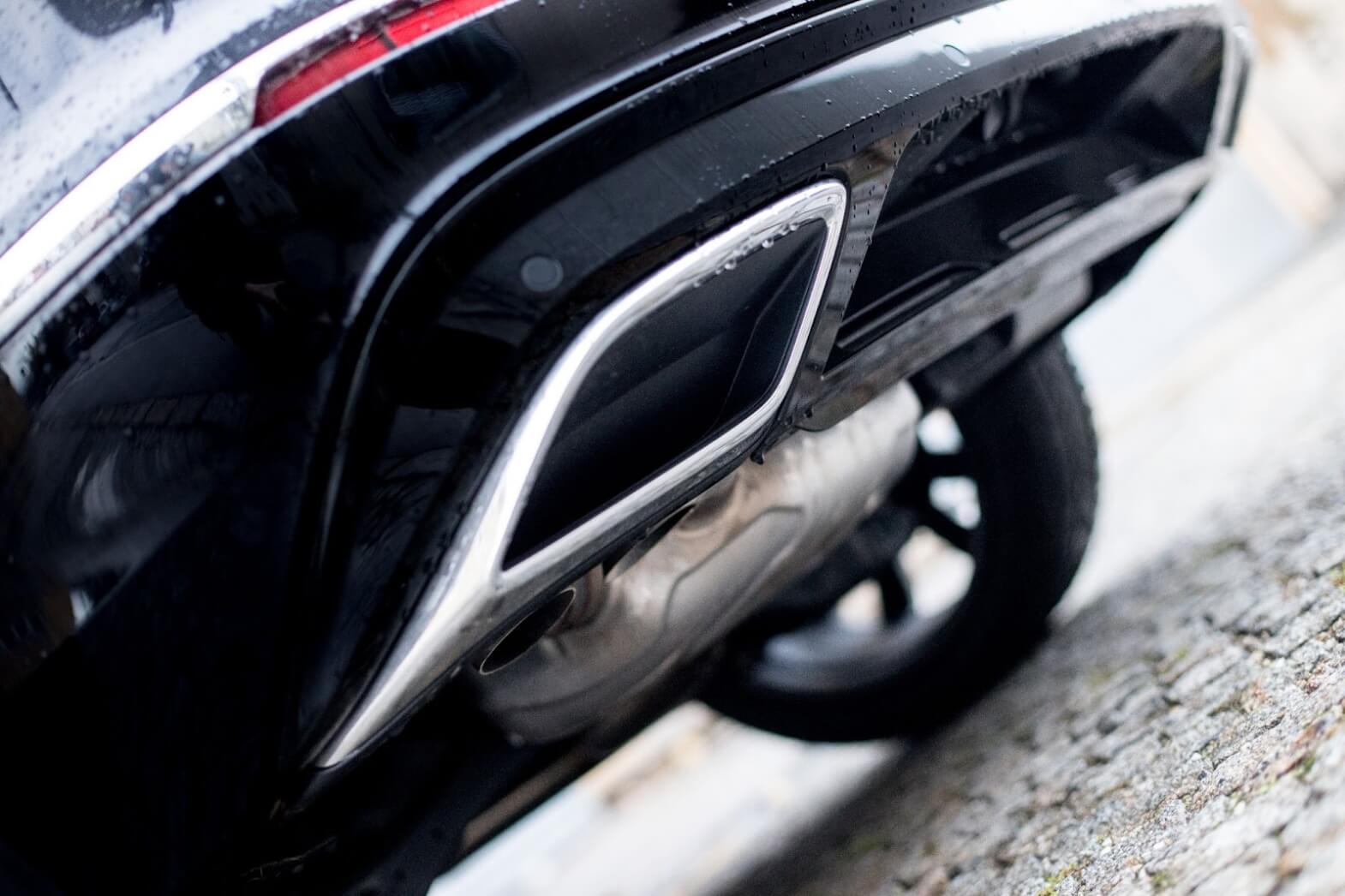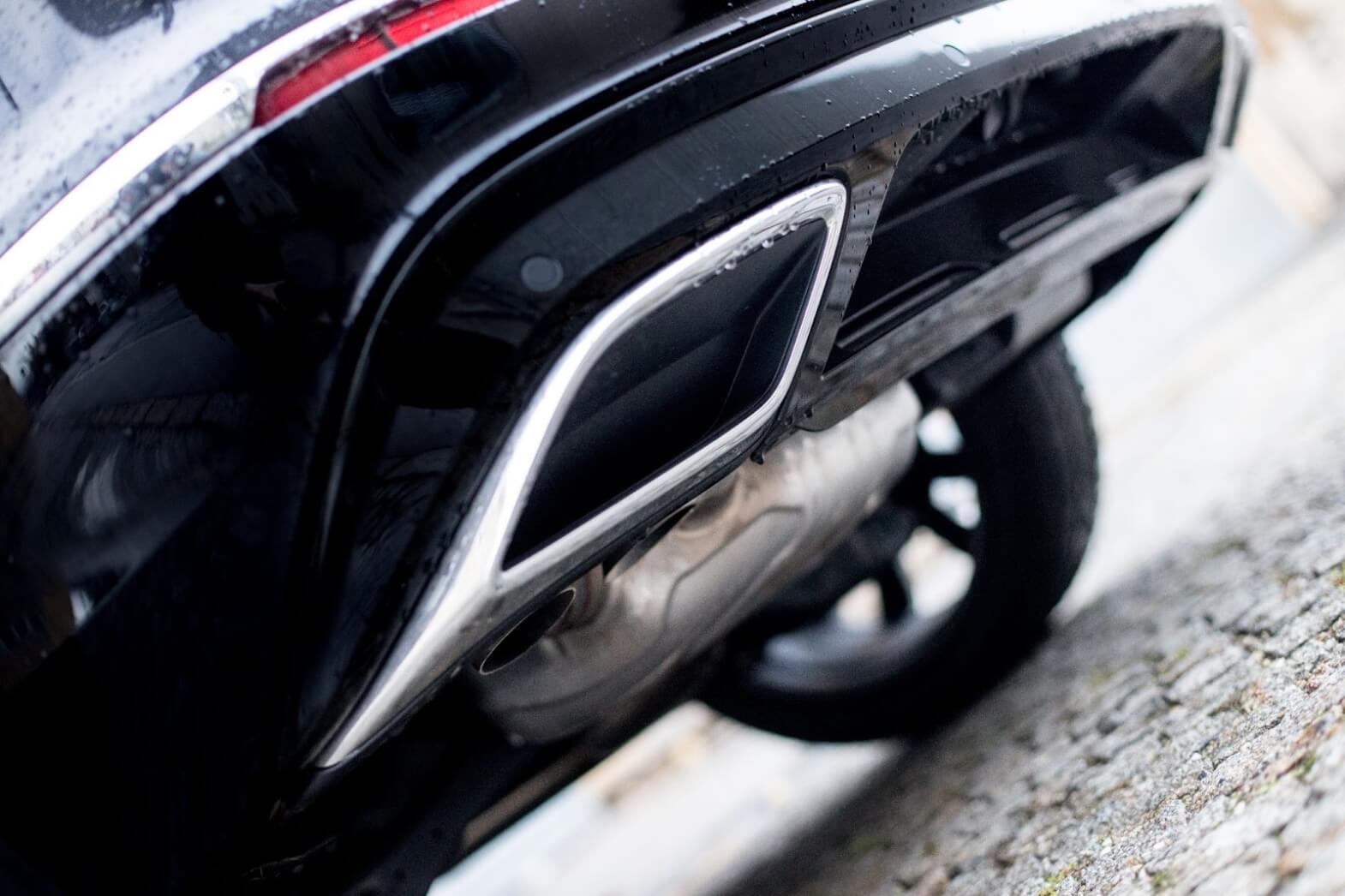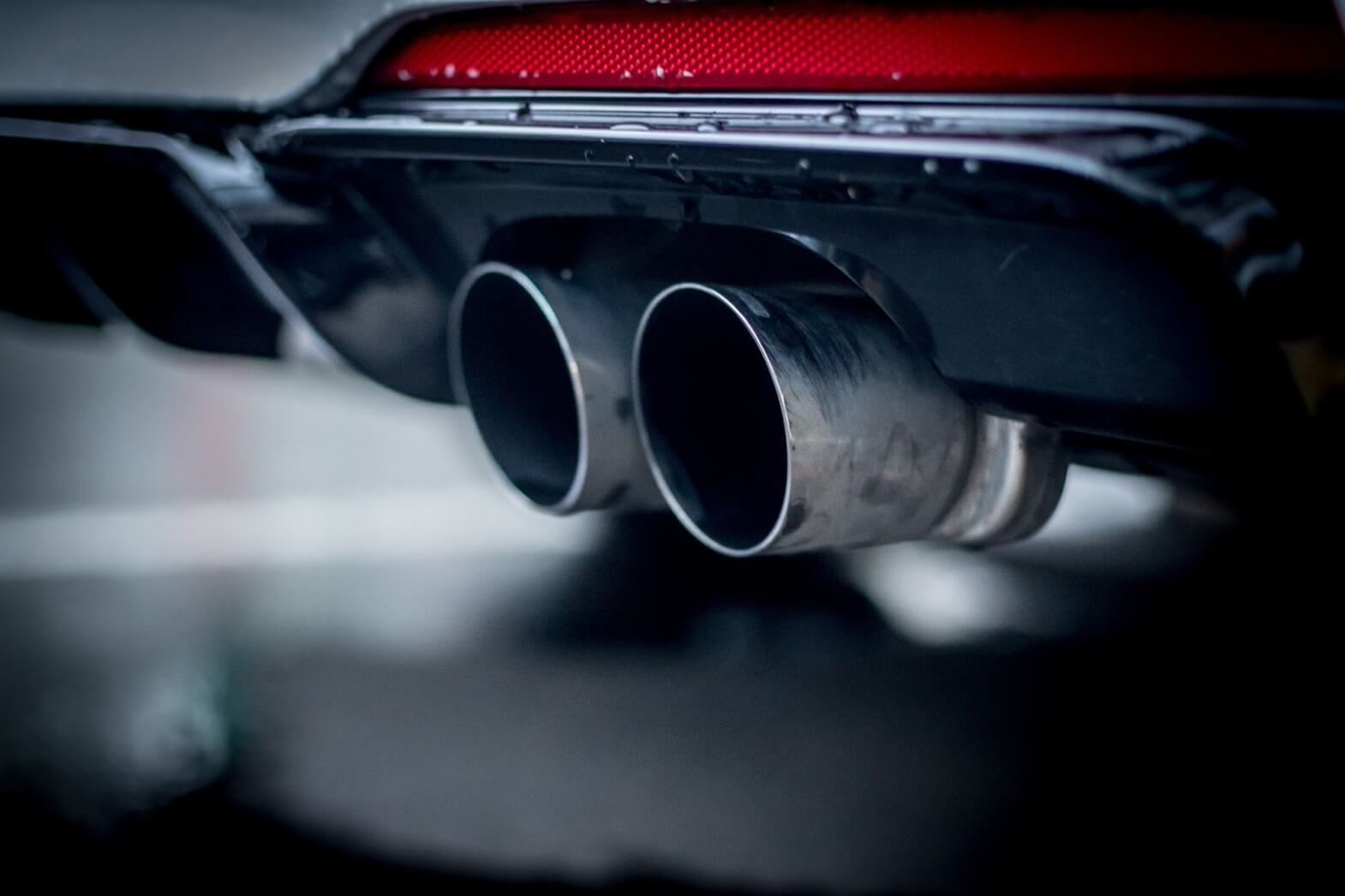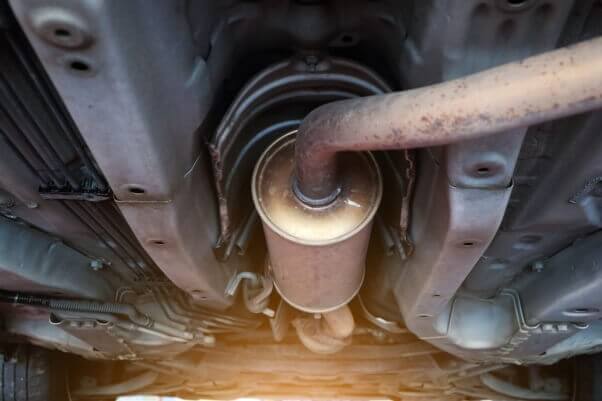Prices for scrap BMW 3 Series 1999 Catalytic Converters (17 results)
Catalytic Converter Scrap Prices from BMW 3 Series - December 22, 2024
- Used Diesel catalytic converter from BMW 3 Series: 11 USD – 408 USD
- Used Gasoline catalytic converter from BMW 3 Series: 14 USD – 351 USD
- Used Ceramic catalytic converter from BMW 3 Series: 12 USD – 408 USD
- Used Metal catalytic converter from BMW 3 Series: 11 USD – 234 USD
- Used DPF catalytic converter from BMW 3 Series: 16 USD – 408 USD
The 1999 BMW 3 Series: A Quick Overview
This model, part of the E46 generation, was a significant step forward in BMW's lineage. With various body types, including sedan, coupe, convertible, and wagon, and engines ranging from the 316i to the powerful M3, the 1999 3 Series catered to a broad audience.
The BMW 3 Series has long been a symbol of luxury, performance, and engineering excellence. The 1999 model, in particular, stands out as a classic representation of BMW's commitment to quality. As with any vehicle, parts wear out over time, and the catalytic converter is no exception. In this guide, we'll delve deep into the world of used catalytic converters for the 1999 BMW 3 Series, exploring their value, pricing, and recycling opportunities.
Body Number: The 1999 BMW 3 Series came primarily in the E46 body number. This was a significant upgrade from its predecessor, the E36, with improved aerodynamics, aesthetics, and engineering.
Engine Brand and Modifications: The 1999 3 Series offered a range of engines, including:
- 318i: Powered by a 1.9L M43TUB19 I4 engine.
- 323i: Featuring a 2.5L M52TUB25 I6 engine.
- 328i: Equipped with a 2.8L M52TUB28 I6 engine.
Each of these engines was designed to offer a balance of performance and efficiency, making them popular choices among BMW enthusiasts.
Key Specifications:
- Body Number: E46
- Engine Brands: BMW M52, M54, S54
- Modifications: From the basic 316i to the high-performance M3 variant
Understanding the Value of Used Catalytic Converters
The price of a catalytic converter is a subject of keen interest to both consumers and industry professionals. The pricing structure is influenced by a triad of factors: composition, price of precious metals, and condition of the used catalyst. Below is an in-depth analysis of each factor.
Factor 1: Composition
The composition of a catalytic converter is its foundational element that dictates its overall value. These devices contain precious metals like platinum, palladium, and rhodium, which serve as catalysts to convert harmful emissions into less toxic substances. The quantity of these metals in the converter is a significant determinant of its price.
- Platinum: Known for its durability and resistance to corrosion, platinum is a key component in many catalytic converters. Its presence can significantly elevate the device's price.
- Palladium: This metal is often used as a substitute for platinum and is less expensive. However, it performs a similar function and is crucial in the oxidation reactions within the converter.
- Rhodium: This is the most expensive of the three metals and is used in smaller quantities. It is particularly effective in reducing nitrogen oxides.
Factor 2: Price of Precious Metals
The second factor that plays a pivotal role in the pricing of a catalytic converter is the current market prices of the precious metals contained within it. These prices are subject to fluctuations based on supply and demand, geopolitical stability, and economic indicators.
- Market Fluctuations: The prices of platinum, palladium, and rhodium can vary daily. A surge in demand or a shortage in supply can result in price spikes.
- Economic Indicators: Factors such as inflation rates, currency value, and trade tariffs can influence the price of these metals.
- Geopolitical Stability: Political unrest in countries that are major suppliers of these metals can also affect prices.
Factor 3: Condition of Used Car Catalyst
The third factor is the condition of the used catalytic converter. A device in good condition with minimal contamination will fetch a higher price compared to one that is damaged or heavily contaminated.
- Physical Damage: Any cracks, dents, or other forms of physical damage can significantly reduce the converter's value.
- Contamination: Over time, oil, antifreeze, or fuel can contaminate the catalytic converter, affecting its efficiency and, consequently, its resale value.
- Age and Wear: Older converters may have reduced levels of precious metals due to wear and tear, which can impact their price.
Understanding these factors can provide valuable insights into the pricing mechanisms and help in making informed decisions whether you are buying, selling, or recycling a catalytic converter.
Pricing of Used Catalytic Converters for the 1999 BMW 3 Series
The price of a used catalytic converter for the 1999 BMW 3 Series can vary based on the factors mentioned above. On average, you can expect to fetch anywhere from $50 to $250 for a used converter. However, prices can fluctuate based on market conditions, so it's essential to get a current quote before selling.
















































































































































